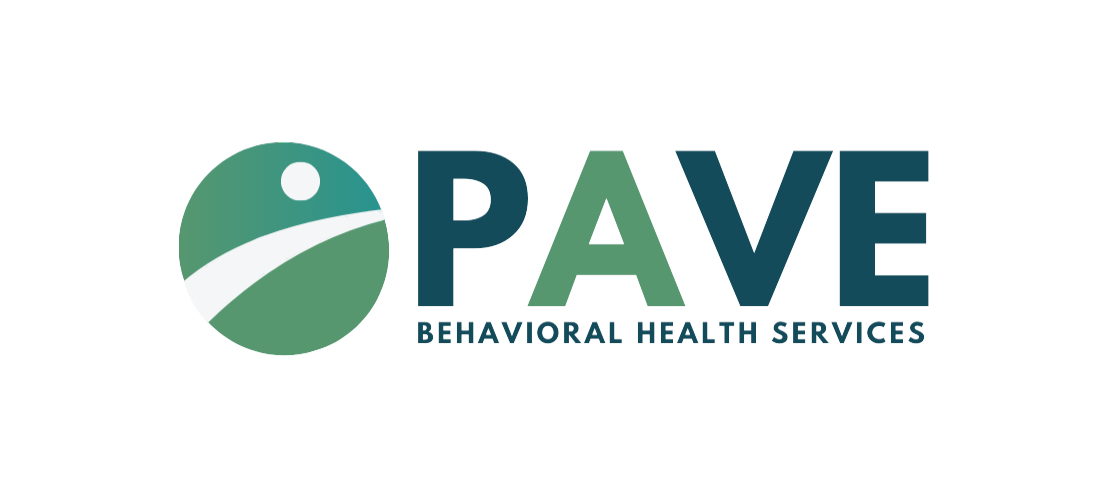Bipolar Disorder
What is Bipolar Disorder?
Bipolar disorder is a mental health condition characterized by significant mood fluctuations, including emotional highs (mania) and lows (depression). These shifts can dramatically affect an individual's daily functioning, relationships, and overall quality of life.
Types of Bipolar Disorder
Bipolar I Disorder
This disorder involves manic episodes, which are characterized by a distinct period of abnormally elevated, expansive, or irritable mood, along with increased goal-directed activity or energy, lasting at least one week (or any duration if hospitalization is required) and present most of the day, nearly every day.
Other symptoms of mania include reduced sleep, impulsive behavior, racing thoughts, and grandiose thinking. The mood disturbance is severe enough to cause marked impairment in social or occupational functioning, or necessitate hospitalization to prevent harm to self or others, or if there are psychotic features. The episode is not attributable to the physiological effects of a substance (e.g., drug abuse, medication, or other treatments) or another medical condition. Major depressive episodes are also common in Bipolar I disorder.
Bipolar II Disorder
This disorder is characterized by depressive episodes and hypomanic episodes. Depressive symptoms are typically more frequent.
Treatment Approach
The management of Bipolar disorder typically involves medications (mood stabilizers, antipsychotics, antidepressants), psychotherapy, and lifestyle modifications.
